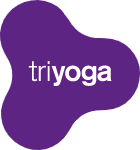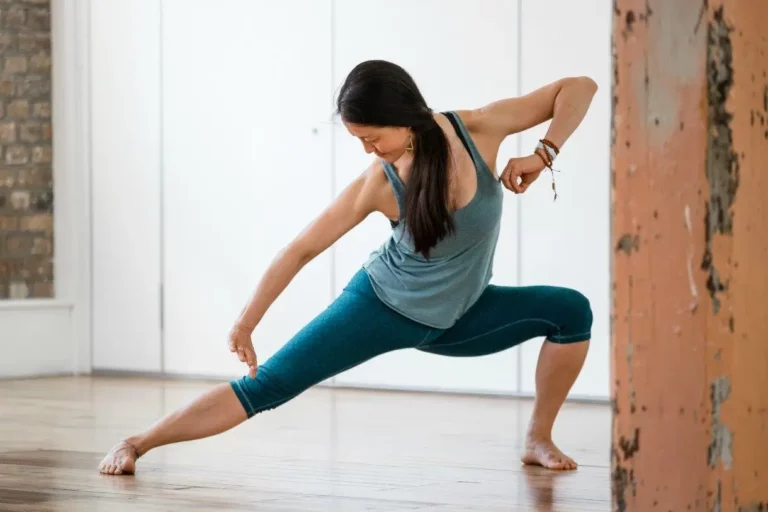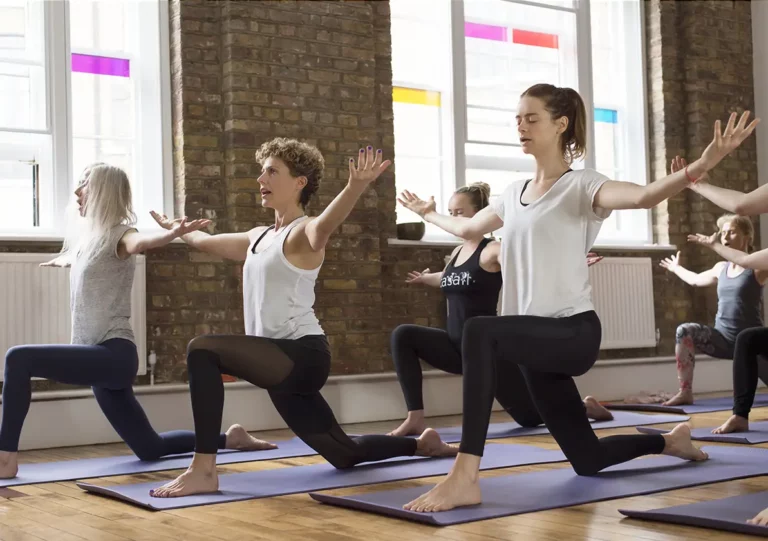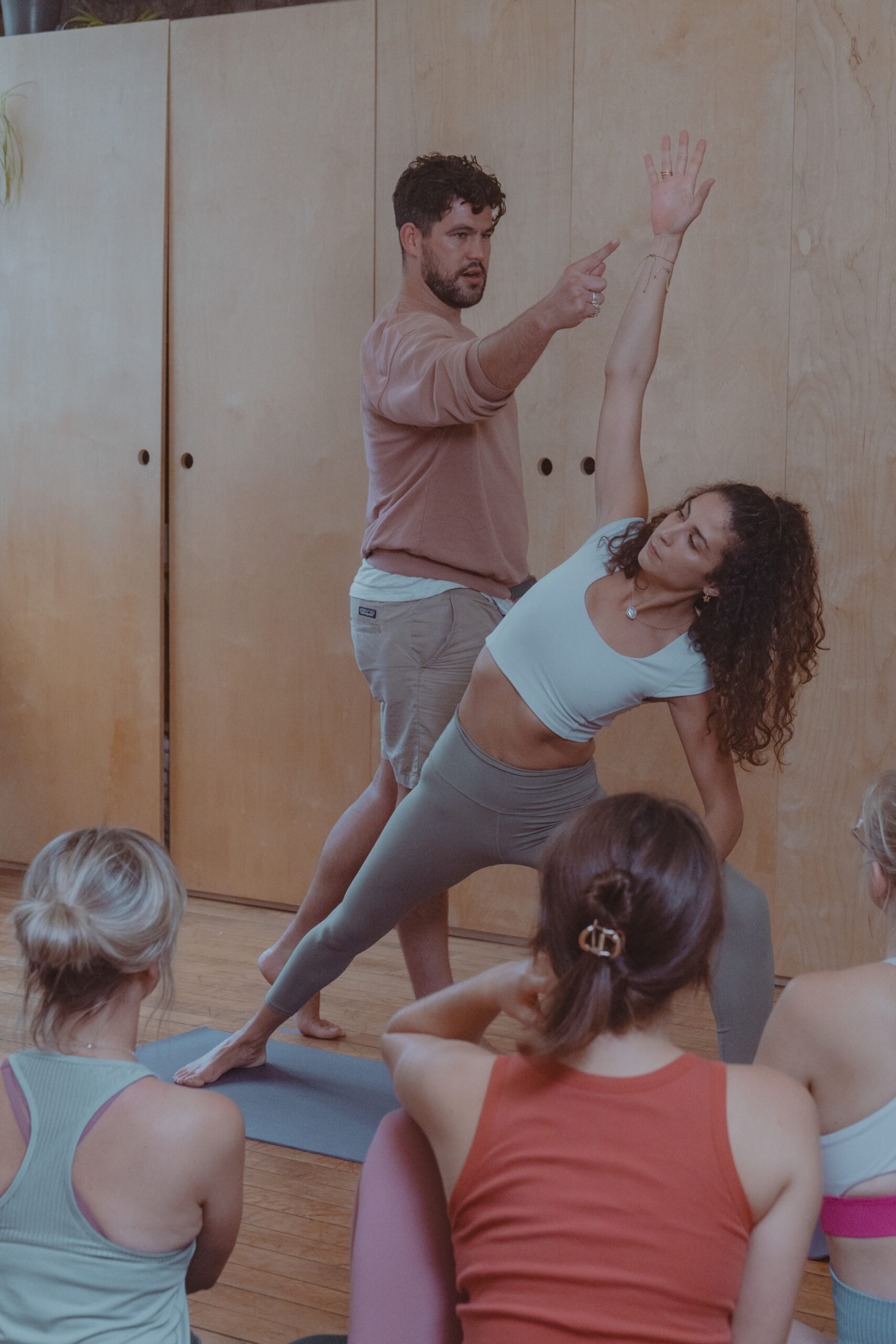Ahead of her visit to our Camden centre this May, world-renowned yoga teacher Donna Farhi shares more about inquiry-based teaching – a topic to be explored during her upcoming training: empowering people through interoception: a teachers’ intensive.
You’ve just sat down for lunch with a new work colleague and the waiter arrives with two glasses of sparkling water. As you peruse the menu your colleague asks you:
“Do you think I should drink this? And if so, how much should I drink? Should I drink it in little sips or in one long draught? Will you let me know if this cold drink triggers my tooth sensitivity? Could it be that I need two glasses of water today? Can you tell me when I have quenched my thirst? Perhaps I’ve made a mistake… should I have ordered a hot cup of green tea instead?”
No doubt you would think it very odd to be asked such questions. You might even question the sanity of your new workmate. And if there were a caption bubble over your head it would likely read “How am I supposed to know?” Indeed, how would you determine when your workmate had quenched their thirst and whether they needed another glass? Yet when we change context and enter a yoga space we often hear very similar questions that have been normalised within our teaching methodologies, whereby teachers assume custody of the student’s body and make decisions on behalf of the other person.
More important and more disturbingly, many teachers have fallen into the trap of truly believing that it’s possible to know from the outside what is happening within the student’s experience. How often have you heard these questions?
– How should this feel?
– How long should I stay in this posture?
– How many times should I repeat this movement?
– When should I come out?
– How deep should I go in this stretch? And…
– Should this feel… painful?
Whether you’ve been teaching for a year or for two decades, it’s likely that you’ve been asked questions like these in many of your classes. And while it might be tempting to summarily give an answer, the expedience of that response is inevitably short-lived when one considers the long-term dependency created when a student hands over agency to you and in so doing abdicates responsibility for their own welfare.
It is, of course, useful and necessary to offer safe guidelines and perimeters for practice, and certainly, the more extensive experience of a teacher can and should expedite learning whenever possible. But of equal or greater value is helping others to help themselves: to develop confidence in their own perceptions and to trust in their ability to be guided by those perceptions. To accomplish this movement from what I call “outer referencing” (or the tendency to see the teacher as the first port-of-call for every uncertainty) to “inner referencing” (or the ability to sense and feel into one’s direct bodily experience and to act, deduct, adapt and evolve one’s choices), we need far more than knowledge of postures, practices, and sequences.
We need a cohesive pedagogic methodology that turns the historical models for teaching from the outside-in literally inside-out.
I’ve discovered over many years of teaching and training teachers that the habit of telling others what to do and how to do it is now completely baked into the yoga industry (which serves the easy capital produced through formulaic routines designed for ease of replication) and this automaticity is prevalent no matter how contemporary or sexy the brand.

The science of kinesthesia and interoception, however, tells us that there is no magical power that allows anyone to access the proprioceptive matrix of another person: it is and always will be an inside job.
What teachers can do is shift their focus and orientation away from playing Simon Says and Monkey See, Monkey Do, towards creating an optimal context for people to gain access to the ever-changing kaleidoscope of sensation that is embodiment. This is a skill that can only be developed when we have a conscious teaching strategy that is committed to helping people gain entry to their own felt kinesthesia (the feeling of the body and of movement), and interoception (the sensations that arise from within our viscera that signal such experiences as safety, ease, hunger, thirst, excitation, and relaxation).
Understanding the foundation principles of inquiry-based learning is a starting point, but implementation can feel akin to working on your own posture: it’s so easy to fall back into the default of what has become comfortable and habitual. In the 50-hour training I’ll be offering at triyoga, I’ll be sharing how to structure classes around themes, skill-building, cumulative learning and offering progressive entry points for different levels of experience. We’ll practise reorienting our language towards posing questions rather than giving answers as a means to guiding the inquiry process.
What a relief to relinquish the all-knowing God-head position of teacher as a psychic mind and body reader and to enter instead into a shared inquiry where the teacher can learn as much, if not more, as the student.
What a relief to let go of relentless over-instruction and reductionistic point-by-point alignment “cues” and to trust in the power of pausing to giving the student enough space and room to enter deeply into their own open exploration. And what satisfaction in witnessing the integrity, precision and grace of another moving from this place of grounded sensitivity.
Many of my students have shared with me that once you have tasted this kind of teaching you can never go back to having your experience be constantly mediated by an outside entity. And once one has committed to a pedagogic model that assesses all exchanges in terms of whether they move the student towards or away from independence, one realises that the student’s independence is ultimately liberating for the teacher as well. What arises instead is an almost limitless framework for teacher and student to enter into co-inquiry, collaboration and creative evolution.
Donna Farhi is a yoga teacher who has been practising for over 40 years and teaching since 1982. As a post-lineage pioneer, Donna has been at the forefront of generating a new model for teaching and practice that fosters self-inquiry through the cultivation of each person’s inner reference system. Going beyond the archaic pedagogic model that is characterised by “Simon Says” mimicry and rigid formulaic methodology, her approach is to create a safe learning environment where her students can investigate, adapt and evolve their practice to honour their individual needs.










